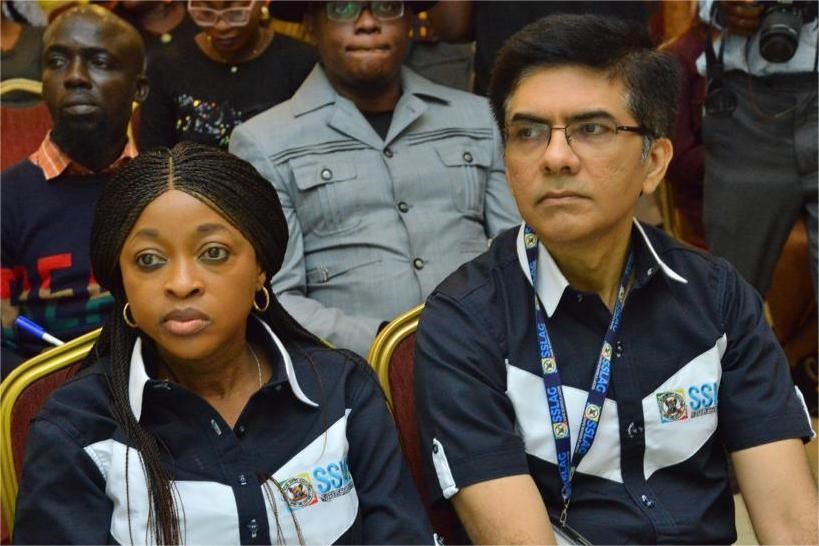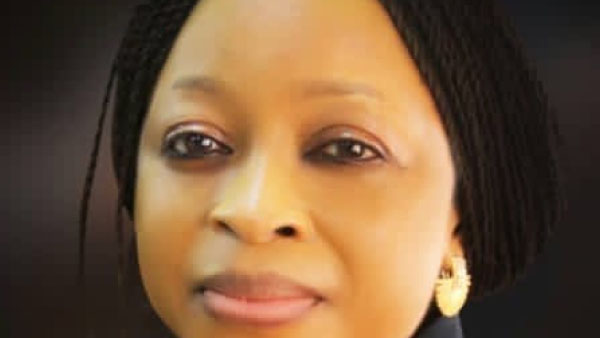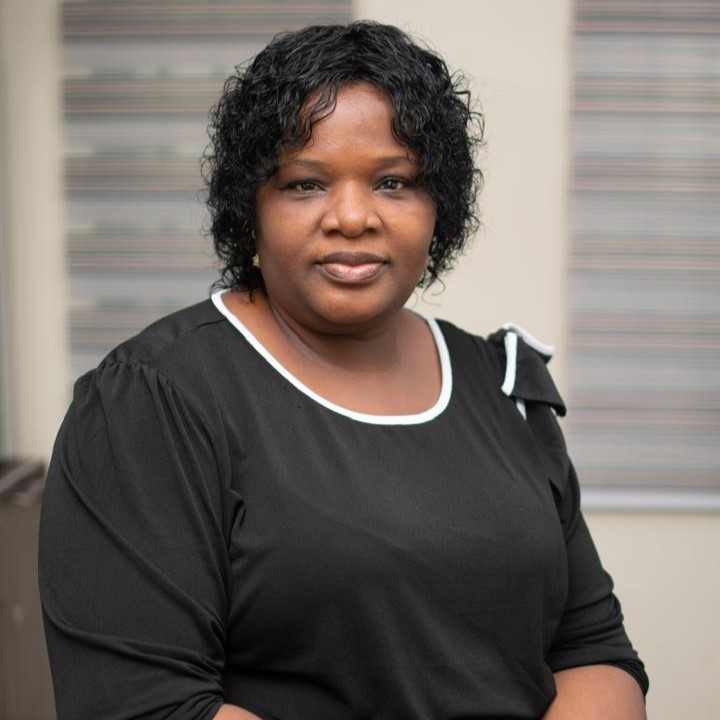Dr Bisi Esuruoso, Lead Resource Person for Safe Schools Lagos (SSLAG), is a passionate educator, administrator, and education consultant. She previously served as Special Adviser on Education, Science, and Technology to the late Senator Abiola Ajimobi, former Governor of Oyo State. In this interview with DevReporting, she speaks on critical school safety issues, emphasising the need to demystify safety and move beyond the common ‘God forbid’ mindset. According to her, a lack of awareness about safety and what constitutes risk remains a major challenge. “Every school ought to have a safety license to operate,” she insists. Excerpt.
DR: Many tragic stories have surfaced about children losing their lives in school environments. Apart from violent attacks on schools by bandits and terrorists, there have been cases of school building collapses, children allegedly dying in schools’ swimming pools, or from alleged electrocution, etc. What do you think are the key gaps in school safety that need urgent attention?
Esuruoso: The key gap that needs urgent attention is stakeholders’ awareness. There is a lack of awareness on safety and what constitutes risk, hazards, and safeguarding responsibility. Most educators are inept in this area, and this is costly in the outcomes we see daily, in and across the country. In fact, simple safety checks, alerts, and considerations are lacking. Also, emergency preparedness and response are poor across Nigeria. We need to initiate urgent advice and stakeholder engagement to demystify safety and change the mindset of ‘God forbid,’ as that is the most common response when you engage educators and education stakeholders on topics related to safety and emergency management
DR: As an expert, what should be the immediate response when a child has a medical emergency or other safety incidents at school, and how well-prepared would you say schools are in this regard, based on the occurrences we have had?
Esuruoso: Each school must have a Safety Management System (SMS), which should contain, as a minimum, the Emergency Management Plan (EMP) and other safety policies and procedures. The SMS is not meant to be for decoration, but an active document that all members of staff are aware of and understand. Staff must be aware of what the school policy is regarding accidents, informed consents, and safeguarding responsibility. Each member of staff must know what to do, how to escalate issues, whom to escalate to, and the appropriate logging of the incident and reporting to the relevant authorities.
On the issue of preparedness, I said earlier that emergency preparedness and response are poor across Nigeria, and this is a result of a lack of awareness on safety and what constitutes risk, hazards, and safeguarding responsibility.
DR: With private schools springing up everywhere, are there safety requirements or regulatory checks that must be in place before anyone can start a school?
Esuruoso: Yes, there are safety requirements. Since September 2022, all schools in Lagos State must have a safety licence to operate. SSLAG was launched in April 2022 to support the Lagos State Safety Commission (LSSC) in delivering their objective of creating a safety culture and ensuring compliance in schools. Schools are required to contact the commission at cj@safeschoolslagos.ng or visit their website at https://safeschoolslagos.ng to find out how to initiate the compliance journey and become an accredited safe school. The SSLAG framework sets out a number of guidelines and recommendations for schools to follow in order to be compliant.

DR: Are school owners and administrators adequately informed and sensitised about these safety guidelines? Also, which agency or body is responsible for ensuring strict compliance with these standards?
Esuruoso: Schools are aware, and the LSSC is the regulator, while the SSLAG is responsible for facilitating knowledge transfer and compliance guidance for education stakeholders. SSLAG is meant to ensure that all schools in Lagos State comply with safety rules. It is worth noting that SSLAG has been running the school safety campaign since 2011, with advocacy conferences, organising periodic capacity-building conferences in Alausa, as well as annual conferences. One of such conferences was held at the Civic Centre, Victoria Island, Lagos, in September 2023, and the Online Safety Conference was held at Sheraton, Ikeja, in October 2024. A newspaper pullout debuted in May 2024 in The Guardian newspaper, called the Safe Schools Supplement. If you Google Safe Schools Lagos or SSLAG on the internet, you will find thousands of results on media briefings and news about SSLAG.
DR: Since there are various safety programs in place for school owners and administrators, what about parents? What specific roles should they play in ensuring their children’s safety within the school environment?
Esuruoso: Parents form an integral part of the Safe Schools project, and there is a Safe Schools Parents Network and periodic Parents’ hangouts organised monthly online to discuss safety issues, development, and strategy. Also, advocacy programmes for parents are aimed at putting them in the centre seat for decisions on the safety of their children in schools and making their voices heard. It is a work in progress, as parents can ask about the safety licence and audit reports of their children’s schools. Safety is everybody’s business. Children, whether in public or private schools, need to be safe; as such, all children of school age need to be aware of safety measures.
DR: Tragically, we’ve seen cases where children have lost their lives due to accidents in schools. What crucial lessons should schools and policymakers learn from these incidents and what steps should be taken to prevent such tragedies in the future?
Esuruoso: Well, schools must learn to be deliberate about safety and ensure they understand their roles through investment in relevant training to equip school teams and build their capacity on school safety protocols.
I believe that continuing professional development is pertinent to building a safe and secure learning environment while access to quality training and support must be provided for education practitioners in order for them to develop the competency needed to ensure the safety and wellbeing of all members of the school community.
DR: If you could recommend one key policy change to improve school safety in Nigeria, what would it be?
Esuruoso: I would review the initial teacher training curriculum and include safety modules in it, so that educators can have the necessary awareness and develop the capacity to ensure a safety culture and compliance in schools.


